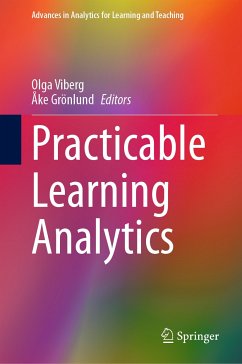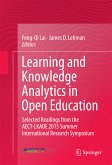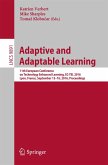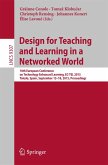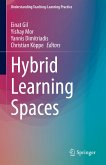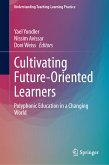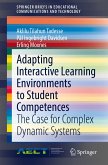This book is about practicable learning analytics, that is able to become a successful part of practice, ultimately leading to improved learning and teaching. The aim of the book is to shift our perspective on learning analytics creation and implementation from that of "designing of" technology to that of "designing for" a system of practice. That is, any successful implementation of learning analytics requires a systematic approach, which the book explains through the lens of the Information Systems Artefact, constituting of the three interdependent artefacts: "technical", "information" and "social".
The contributions of this book go beyond a consideration of particular humans such as teachers and students, and their individual activities to consider the larger systems of activity of which analytics become part of. The chapters included in this book present different cases of learning analytics implementation across countries,and the related opportunities and challenges related to generalizability of the results.
The book is written for designers, students and educators of learning analytics who aim to improve learning and teaching through learning analytics.
Dieser Download kann aus rechtlichen Gründen nur mit Rechnungsadresse in A, B, BG, CY, CZ, D, DK, EW, E, FIN, F, GR, HR, H, IRL, I, LT, L, LR, M, NL, PL, P, R, S, SLO, SK ausgeliefert werden.
Es gelten unsere Allgemeinen Geschäftsbedingungen: www.buecher.de/agb
Impressum
www.buecher.de ist ein Internetauftritt der buecher.de internetstores GmbH
Geschäftsführung: Monica Sawhney | Roland Kölbl | Günter Hilger
Sitz der Gesellschaft: Batheyer Straße 115 - 117, 58099 Hagen
Postanschrift: Bürgermeister-Wegele-Str. 12, 86167 Augsburg
Amtsgericht Hagen HRB 13257
Steuernummer: 321/5800/1497
USt-IdNr: DE450055826
Bitte wählen Sie Ihr Anliegen aus.
Rechnungen
Retourenschein anfordern
Bestellstatus
Storno

